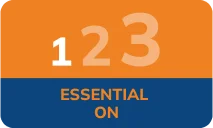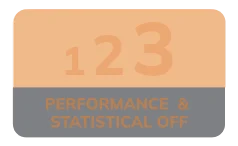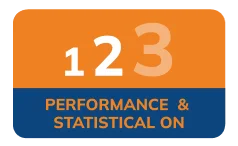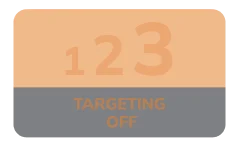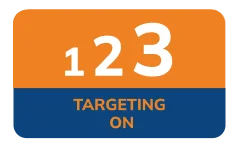
Want us to help you with anything?
Request a Call back
Safe Banking with ICICI Bank UK PLC
At ICICI Bank UK, we are committed to make your banking experience as safe as possible. We have adopted several measures to enhance the security of your funds and protection of your account. ICICI Bank UK's Safe Banking guidelines set out simple steps you can take to ensure that your money and your personal details are safe and secure.
Whether it's about online-banking security or traditional-banking security threats, BE INFORMED. Know how fraudsters operate. Know how to keep your password secure and your payment card safe.
It’s important to report suspected fraud as soon as possible to limit the unauthorised transactions and to minimise the impact. Here you’ll find the numbers you need, the next steps to take and what we’ll do to help
Monitor your account activity regularly by checking your balances and statements online through as this helps you to detect fraudulent transactions quickly. The earlier a fraud is detected, the lesser will be its financial impact
Money Mule is a term used to describe innocent victims who are duped by fraudsters into laundering stolen/ illegal money via their bank account(s).
Social media sites are popular among the youth today and also among fraudsters. It has been observed that victims get a Facebook, Twitter or Whatsapp invite to install different types of festive themes, games, apps or links on their mobile or internet.
Phishing a most common type of cyber-attack in which a victim/target is contacted by email or phone or text message by someone posing as a legitimate organisation or person to mislead the victim into sharing their sensitive data such as personal information, login credentials, debit card information, or bank account details.
Vishing is an attempt of a fraudster to take confidential details from you over a phone call. Fraudsters claim to represent banks and attempt to trick customers into providing their personal and financial details over the phone.
Smishing is a combination of short message service (SMS - also known as text messaging) and phishing (the act of emailing someone with the intent of obtaining personal information that can be used for identity theft).
Skimming is an act of stealing information through the magnetic strip on the cards that are used in ATMs and merchant establishments.
Website spoofing is the act of creating a website, as a hoax, with the intention of performing fraud. To make spoof sites seem legitimate, phishers use the names, logos, graphics and even code of the actual website.
Scroll to Top












